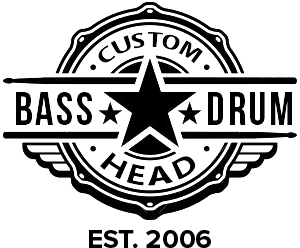Music is about exploring the connections between anyone who listens to it — it brings people together. And with the right record labels, your music can help connect more people with each than you ever thought possible. Behind every great piece of art is a record label are the records that made it known.
Yet, understanding how music labels may impact your music is more complicated than making music in the first place. To fully understand how record labels impact the industry, you need a keen business sense as well as a deep understanding of what labels want. It’s not always profit.
Record labels usually search for talent before profit. They want to find people who know how to create inspiring and powerful music so that they can make deals with these artists. Those deals can make the label and the artist wealthy, but can also involve more than artists realize.
Keep reading below to learn more about record labels, and what it may mean to sign on with one.
1. Indie Artists Aren’t Always Independent
Indie music has a reputation for niche audiences. It tends to skew towards strange and experimental bands who are eager to push the boundaries of what music can be. Despite the name of the genre, these bands are rarely alone.
Many indie record labels actually have deals with bigger labels to help them distribute indie music. That means that when an indie band signs on with an indie label, they effectively sign up with a mainstream label too. While that may help the band distribute their music, it can also cast doubt over how independent indie bands really are.
2. Bands Can Create Their Own Record Labels
One thing most new bands don’t realize is that they don’t need to be noticed to distribute their music. If you’re having issues finding a label that will sign you on, there are other options. You can follow in the footsteps of bands like Clutch, and make a label yourself.
With a label, you can strike deals with distributors and find marketers to work for you. That way, you can make the music you want to without worrying about what the people on the business side of things think.
3. Signing Onto a Label Means Different Things
Sometimes, artists think that signing onto labels means that the rest of their careers will be taken care of. They think all record deals cover marketing, promotion, production, distribution, and everything else. Yet, there are actually different types of deals that cover different things.
Some deals don’t cover the cost of producing music, and you may need to find a way to make it yourself. Sometimes, they don’t cover marketing and you may not be able to build a large audience. Know what you’re signing onto before ever entering a label’s office and make sure you understand that responsibilities that come with the deal.
Record Labels Will Spin You Around
If you’re getting ready to sign onto a record label, then congratulations! Finding record labels is a lot of work, and understanding them is even harder. Few people are ever ‘found’ by a record label — instead, people need to find the labels that are right for them.
If a label isn’t right for you, your music may change. Your band’s sound may be limited by the label’s expectations for you, and you may end up losing your love of music. It was the magic of the limitless expression that attracted you to the art, after all.
We can help you express yourself, with or without a record label. Just contact us here, and we’ll work with you to make custom instruments that reflect you and your art.
